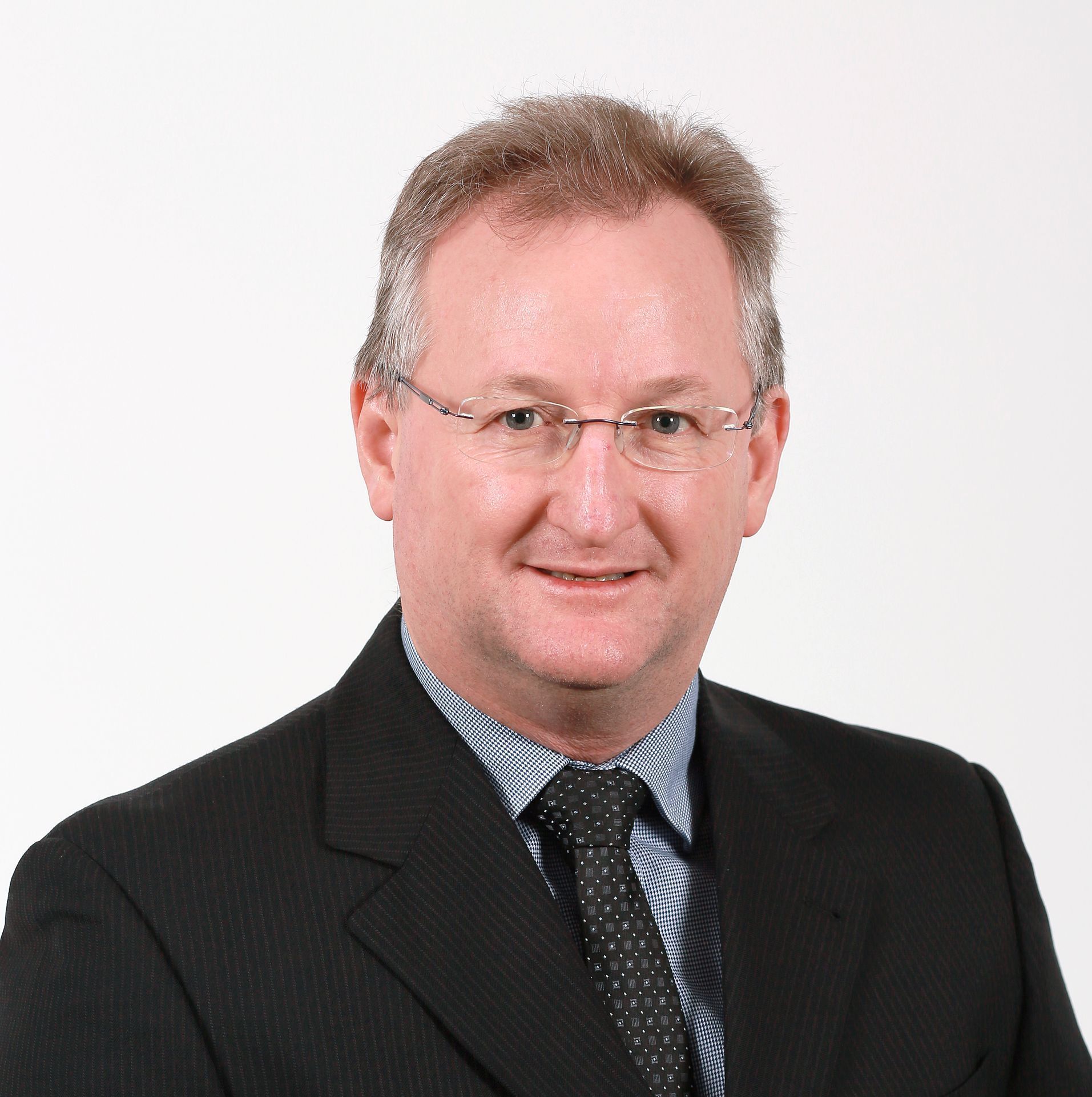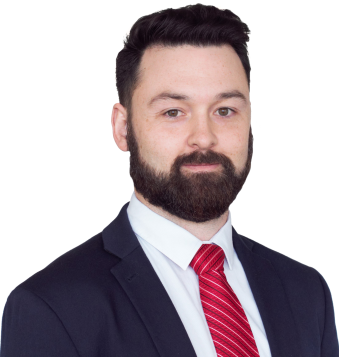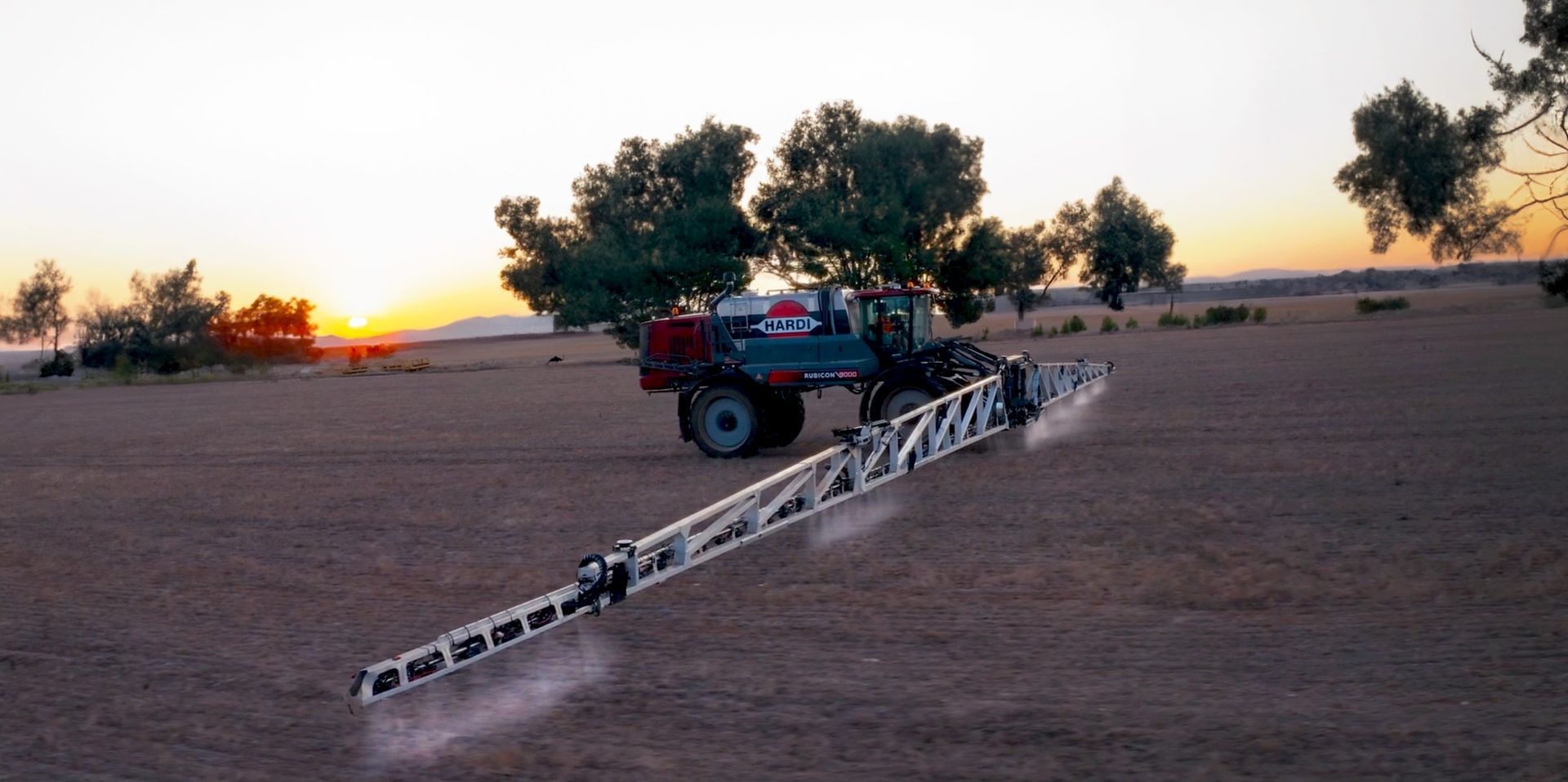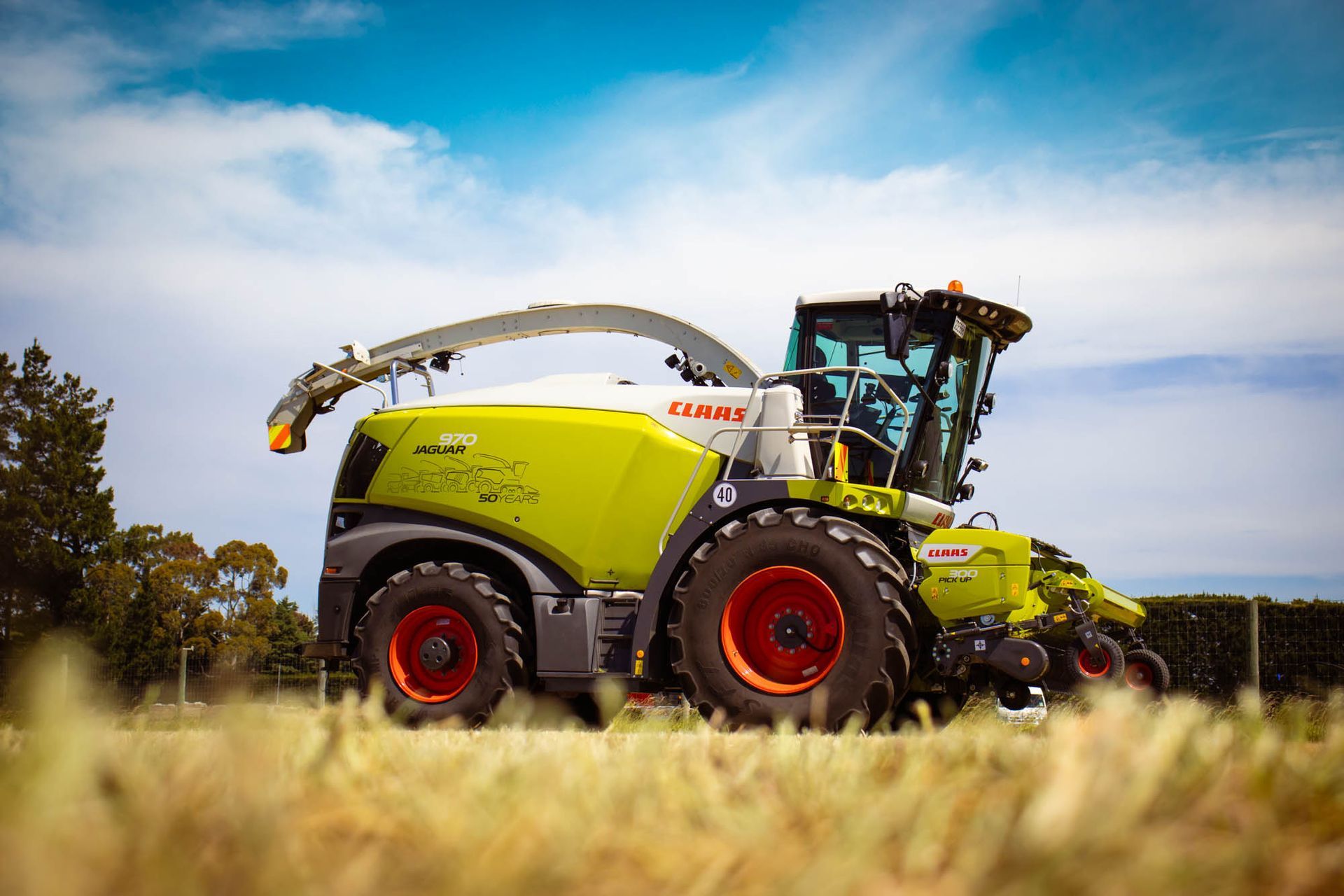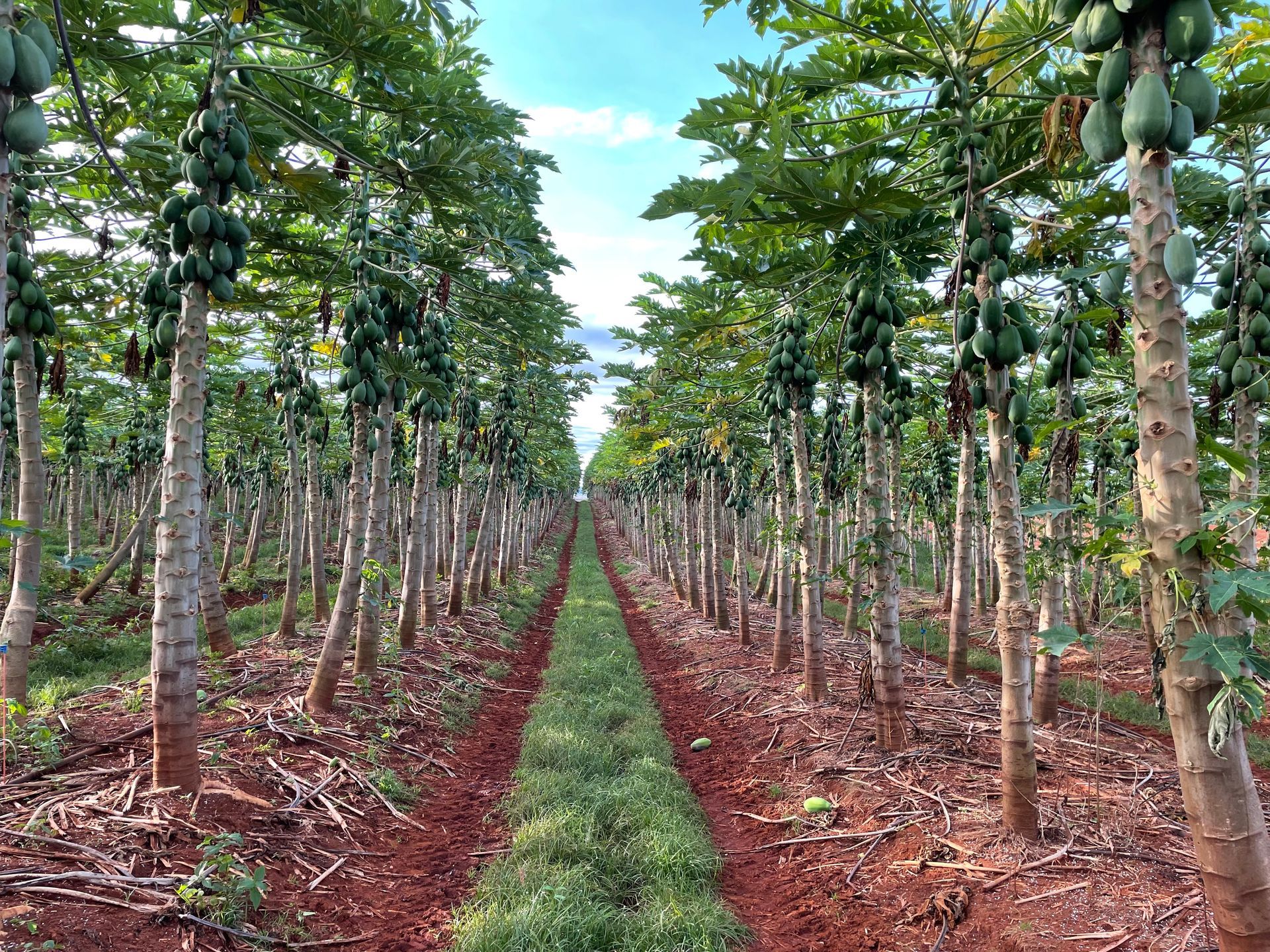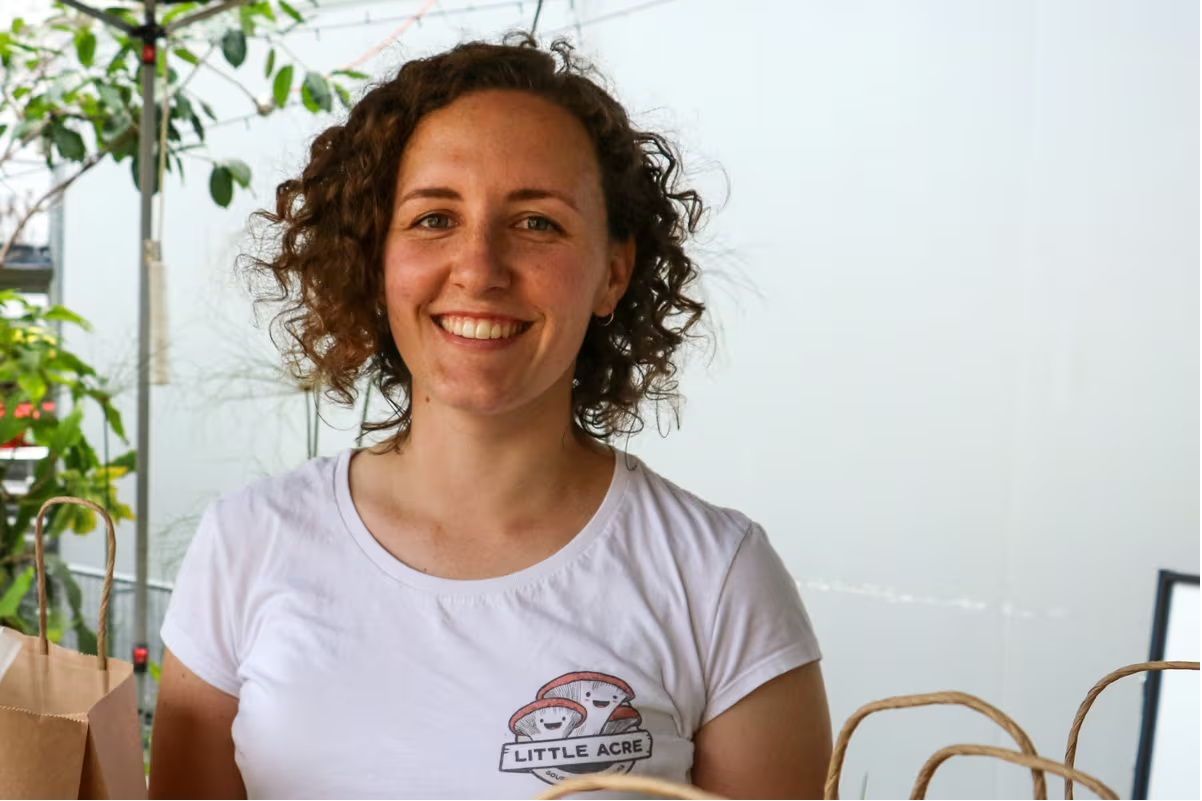Future-proof your farm
Findex is one of the largest providers of integrated financial and advisory services across regional Australia, with its Family Office model enriching the lives of clients by tailoring smart solutions to big issues, like farm succession planning.
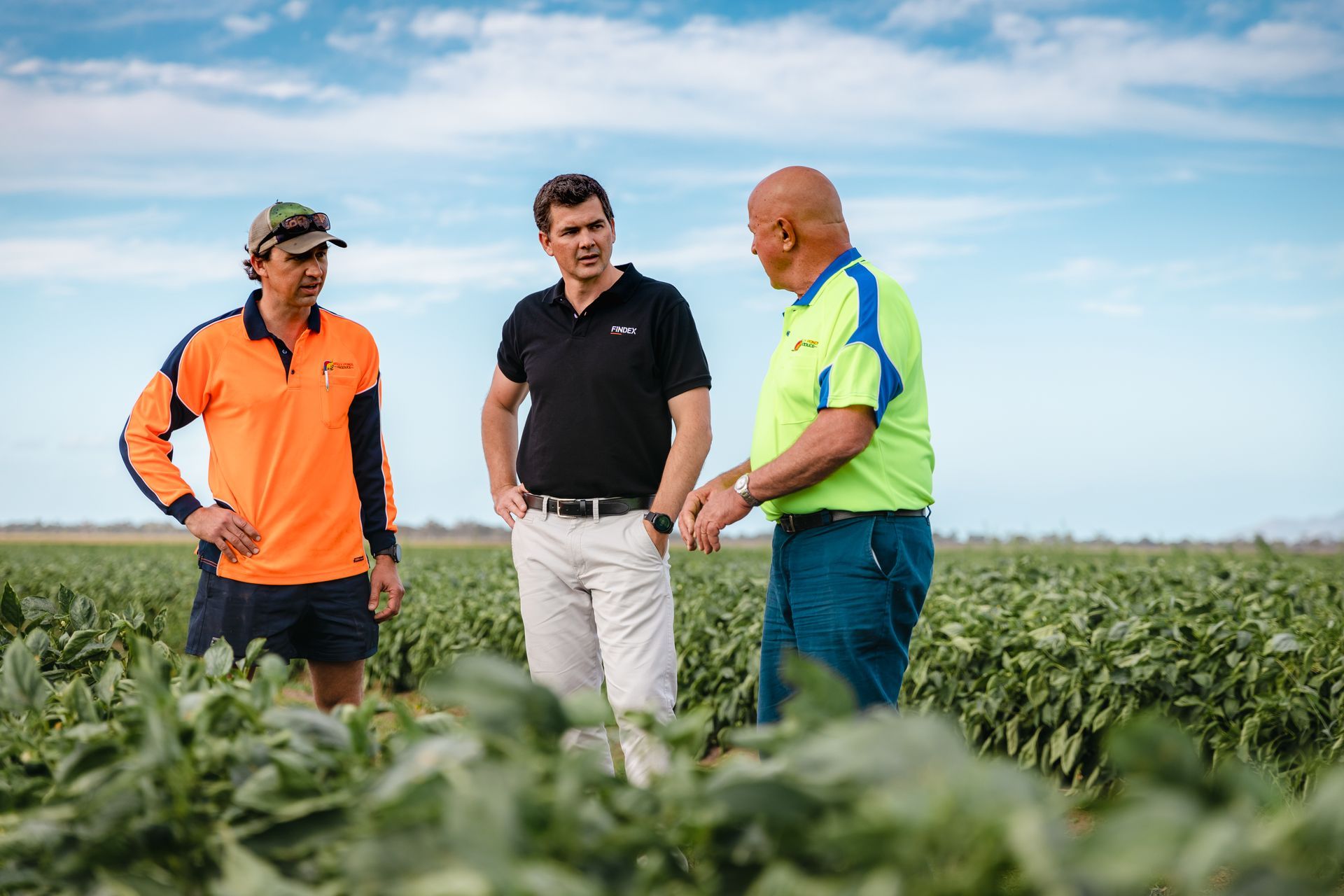
Too often David Hall sees what happens when farm succession planning doesn’t work well. That’s when he gets a knock at his door.
“Either things have been done poorly or the client just doesn’t understand what they’ve ended up with,” laments David, a Townsville-based tax specialist and partner at Findex.
“Mum and Dad have built their farm empire and want to hand it on to their children. The children get educated, some with non-farm qualifications. Some of them might not want to stay on the property or all might want to stay.”
The parents’ quandary is how to keep the empire going while being fair with their children and making sure there is enough wealth to support their own comfortable retirement.
“Lawyers have come in and family agreements are created, which aren’t properly understood, ” David continues. “Life moves on, circumstances change, and 10 years later they’ve got all these problems.”
Findex’s Family Office model across its network of more than 80 offices in regional Australia starts with talking to the client-family about their individual circumstances and goals.
“Accountants who look after that client are an essential part of any conversation, because they are the trusted advisor who has dealt with the client for a long time,” David says. “They see the family interaction and understand the issues happening in that family.”
Misconceptions, miscommunication, false or unattainable expectations make it essential to instigating the right conversations – sometimes hard conversations – with parents and their adult children, separately and together, to get the best succession planning outcomes.
The threat of family litigation means it’s more critical than ever for the issues around succession planning to be fully addressed.
“Sadly, I’ve seen family empires destroyed because of court costs and legal fees,” David says. “My biggest criticism is that there are too many ‘products’ out there, but this isn’t about generic products, it’s about the family you’re dealing with.”
Here at Findex our family office model ensures that we can bring together a range of expertise to work with families in developing their own specific family succession plan.
Daniel Roberts, a partner and financial planner at Findex’s Dubbo office, has seen a shift in thinking about financial planning strategies that help build off-farm assets.
“Over the years, I’ve heard ‘my farm is my super’ more times than I care to admit,” Daniel says.
While many farmers count their farm as their biggest asset, and potentially a source of retirement income, others are recognising the flexibility of an off-farm income source.
“We all know that seasons can be tough and unpredictable,” Daniel says. “Do we want to burden the next generation with providing for us in our retirement?”
Daniel presents the scenario of husband-and-wife farmers John and Sally, whose farm property is on several titles. This gave them the opportunity to move some of their land holding into their self-managed superannuation fund (SMSF), with investments across a diversified portfolio of Australian and international equities, including some property and a blend of defensive investments, such as bonds and term deposits.
Because John and Sally equally own the property, they could minimise stamp duty costs by splitting the transfer into their super.
“They’ll pay a concessional amount of stamp duty, and by doing that they can move the farm into a tax-concessional structure, which they can pay rent to and claim that as a deduction in the farming enterprise,” explains Daniel. “This allows them to build wealth in the super fund far beyond the other contribution limits.”
When John and Sally retire, all earnings in their super fund become tax-free.
It’s this collaborative approach to looking after clients’ needs that Findex prides itself on, bringing in the expertise of an accountant, a financial adviser, a tax specialist, a lawyer, and an insurance broker to develop the best financial solutions. One of these experts is appointed the client’s key relationship manager (KRM).
For many clients, their KRM might be their accountant, with whom they have a strong, trusted relationship.
“But the accountant can’t do everything. We still want the accountant to hold that trusted relationship, but they bring in the tax specialist or financial adviser or insurance broker or external lawyer to provide all the expertise that best serve the client in their succession planning,” Daniel says.
“In John and Sally’s case, we need to know what wealth is already in the super fund to be able to purchase some of that property from themselves. Or we can use the contribution limits to contribute the land into the super fund.”
“By using a combination of tax-deductible and non-tax-deductible contribution limits, the act of moving that land could proportionally be a deduction as well. There are so many moving parts to that strategy. It’s not a one-size-fits-all approach.”
When is the right time to begin planning for your future?
Findex believes building off-farm wealth is not a strategy that’s implemented overnight, and instead sees it as a 30-year plan that’s tweaked over time as individual circumstances change. “It’s not something you do a couple of years before retirement,” says Daniel. “You need to start as soon as possible, generally by the time you’re in your early fifties. The longer the time horizon, the better.”
The views and opinions expressed in this article are those of the authors and do not necessarily reflect the thought or position of Findex.
Website: https://www.findex.com.au
Email: info@findex.com.au
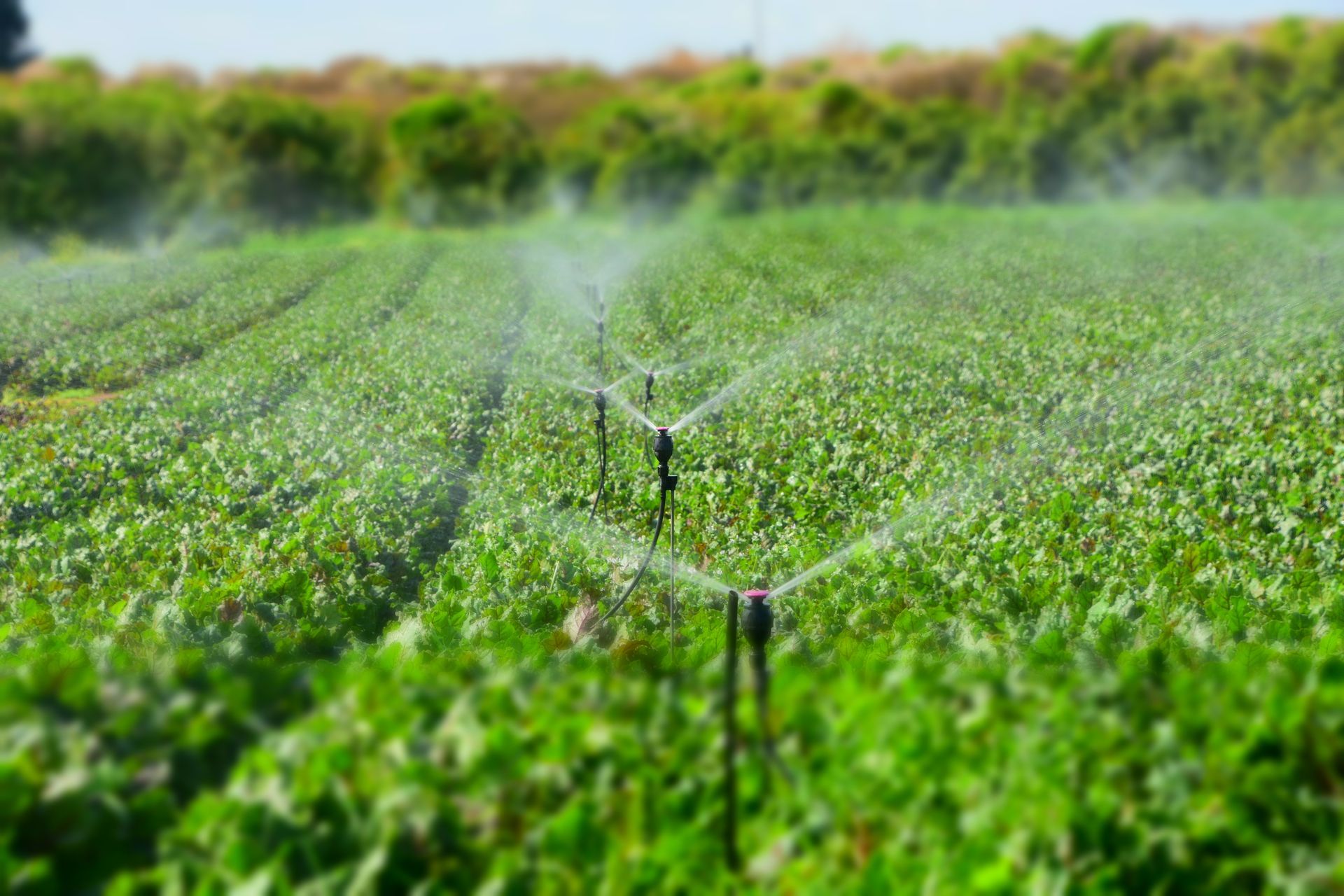
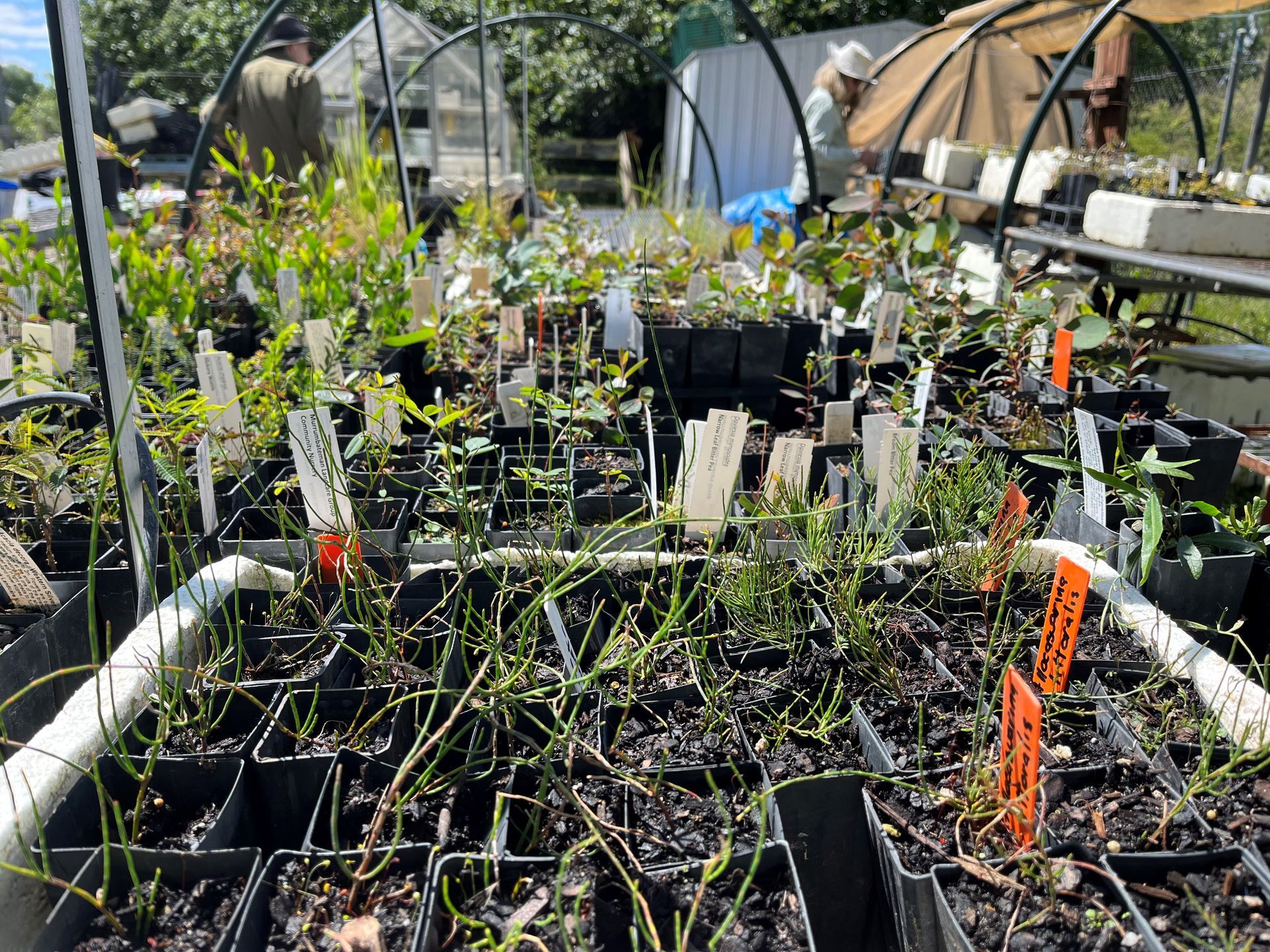
A selection of The Australian Farmer Sponsors - Click on a banner below to find out more...


